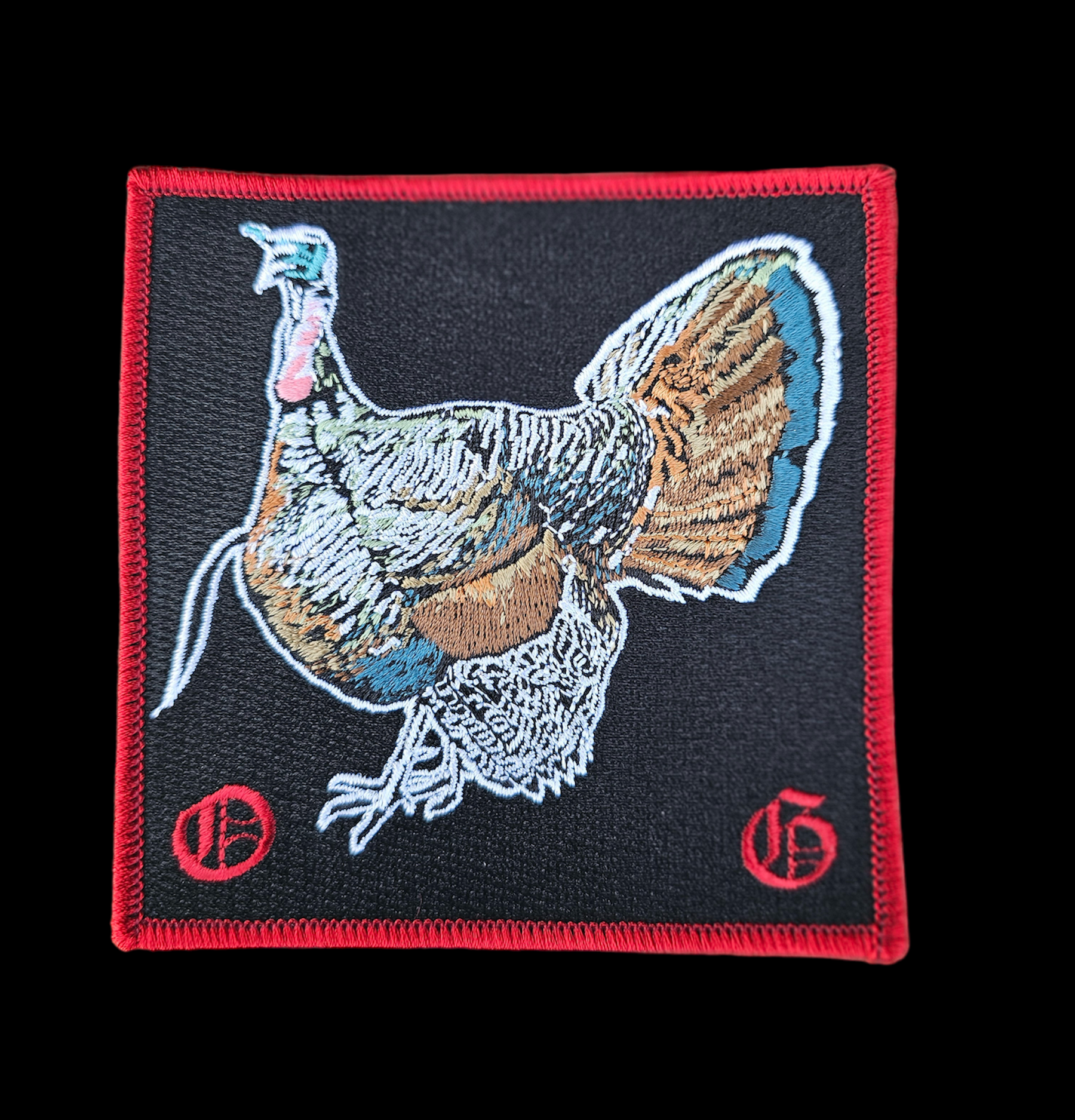       |
Turkey hunting forum for turkey hunting tipsThe world needs to eat less meat to save the planet
User actions
|
       |
Turkey hunting forum for turkey hunting tipsThe world needs to eat less meat to save the planet
User actions
|